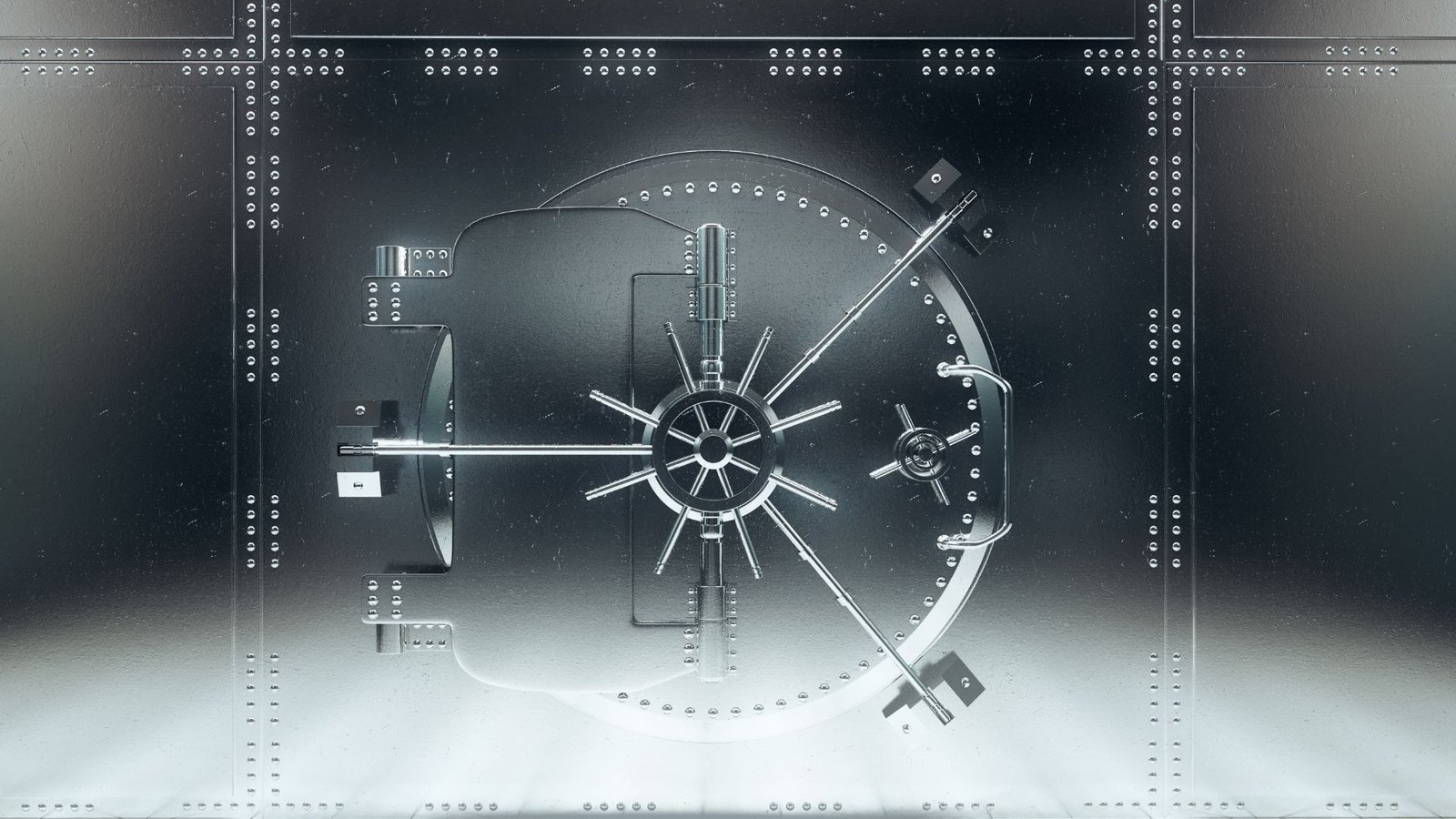
In 2025, data isn’t just valuable—it’s volatile. With threats evolving faster than patch cycles and compliance rules shifting across regions, enterprises can no longer treat storage as a passive archive.
The real differentiator today is how you access, not just where you store. That’s where digital vaults—modern, AI-secured repositories built for zero-trust access and immutable recordkeeping—outpace traditional cloud storage solutions in both resilience and intelligence.
Legacy Cloud Storage: Familiar, But Outdated
Most enterprises still lean on well-known platforms like Google Drive, OneDrive, or Dropbox to store their operational and client documents. These systems are convenient, collaborative, and relatively secure—for their time.
But in today’s environment, “secure enough” no longer cuts it. Legacy cloud systems are:
- Built for file sharing, not sensitive data protection
- Vulnerable to credential-based attacks and human error
- Lacking real-time AI access logs, anomaly detection, or embedded compliance protocols
In an era where business continuity depends on cyber resilience, enterprises need more than shared folders—they need fortified vaults.
Enter the Digital Vault: Access-Controlled, AI-Aware, Immutable
A digital vault is not just another storage layer. It’s a system designed around data integrity, granular permissions, and zero-trust principles—often with AI at the core of authentication, threat detection, and auditability.
What sets digital vaults apart in 2025:
- ✅ AI-Assisted Access Controls
Every access request is contextually evaluated—based on location, device fingerprinting, user behavior, and risk scoring. Think of it as cybersecurity’s version of adaptive cruise control. - 🔐 End-to-End Encryption with Role-Based Access
Files are encrypted both in transit and at rest—but beyond that, permissions are surgical. Only those explicitly cleared see specific layers of content. - 📁 Immutable Records & Compliance Logging
From financial documents to health records, every action is logged immutably for audit trails. This makes compliance with GDPR, HIPAA, and India’s DPDP Bill not just easier—but automatic. - 🧠 Smart Document Management
AI can now classify, tag, and even restrict documents automatically based on sensitivity—minimizing exposure without manual oversight.
Why This Shift Matters Now
The average enterprise uses over 130 SaaS tools, many with their own storage silos. Inconsistent controls across these systems create blind spots ripe for exploitation.
Digital vaults provide a single source of secure truth—a centralized, hardened repository that sits above your collaboration tools and ensures sensitive files are stored, accessed, and managed with discipline.
In sectors like legal, fintech, healthcare, and government services, this isn’t just an upgrade—it’s a survival requirement.
Real-World Example: From Fragmented Cloud to Unified Vault
A mid-sized legal services firm recently migrated its case files from Google Workspace into a digital vault platform with biometric login and region-based access triggers.
Within 60 days:
- Data breach risk fell by 85%
- Internal access times improved through smart indexing
- The firm passed its annual ISO 27001 audit with zero flags
The difference wasn’t storage—it was orchestration.
“We didn’t need more space. We needed smarter control,” said the firm’s head of compliance.
In 2025, It’s About Data Discipline
As AI permeates security workflows, enterprises that combine encryption with intelligence—vaults over volume—will stay compliant, agile, and protected.
Traditional cloud platforms will remain useful for collaborative day-to-day files. But your most sensitive data—financial records, IP, client files, legal contracts—belongs in a system purpose-built for zero-trust, AI-backed security.
⚡ Key Takeaways:
- Traditional cloud storage is no longer sufficient for compliance-heavy or risk-sensitive data.
- Digital vaults offer AI-driven access controls, immutable logs, and smarter classification.
- Enterprises that centralize critical data in vaults gain operational agility and audit-readiness.
- 2025 will reward organizations that treat access as seriously as they treat encryption.
